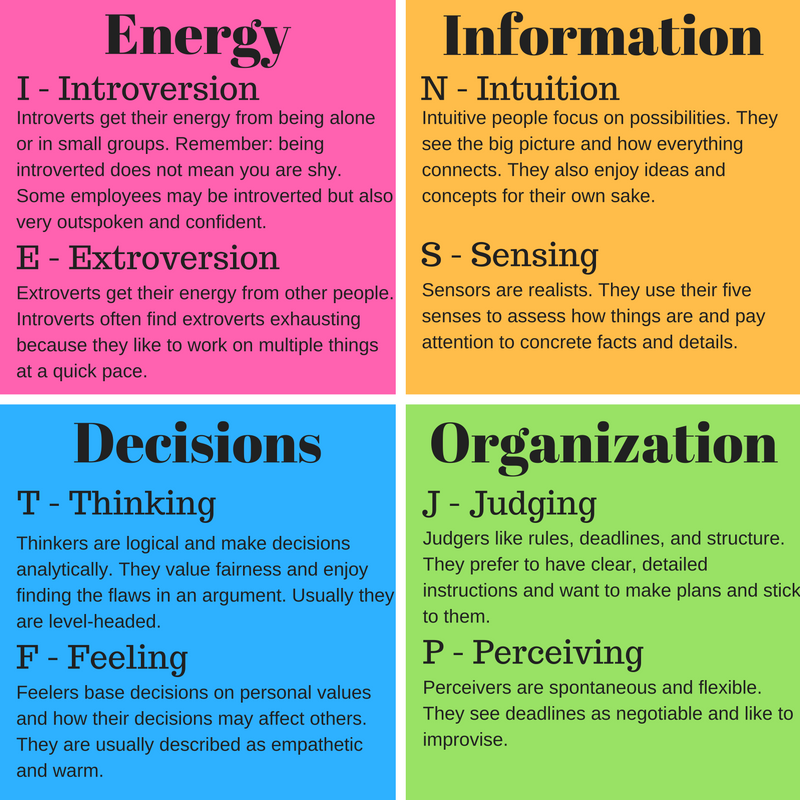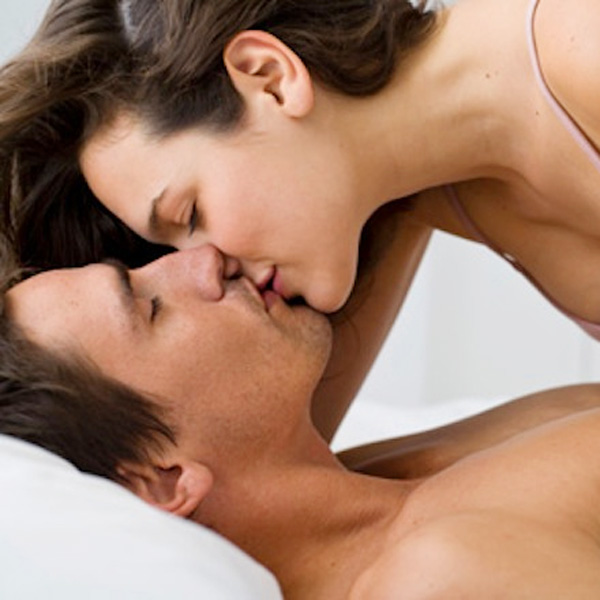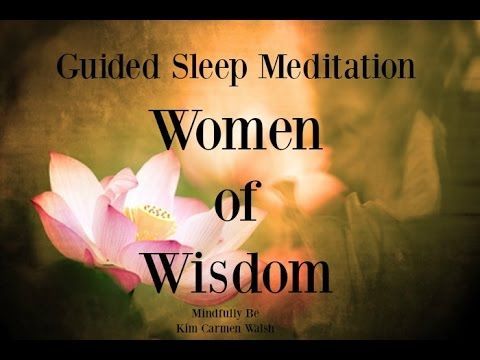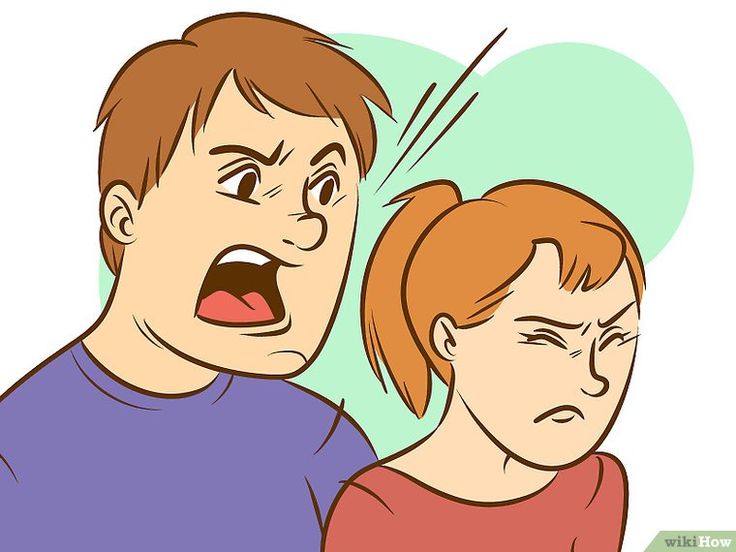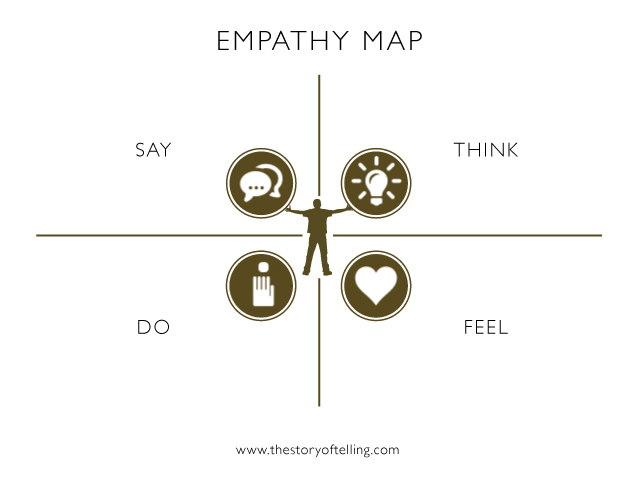Sweats then chills
Night Chills and Cold Sweats, Explained
Advertiser Disclosure
Advertiser Disclosure
We are an independent publisher. Our reporters create honest, accurate, and objective content to help you make decisions. To support our work, we are paid for providing advertising services. Many, but not all, of the offers and clickable hyperlinks (such as a “Next” button) that appear on this site are from companies that compensate us. The compensation we receive and other factors, such as your location, may impact what ads and links appear on our site, and how, where, and in what order ads and links appear. While we strive to provide a wide range of offers, our site does not include information about every product or service that may be available to you. We strive to keep our information accurate and up-to-date, but some information may not be current. So, your actual offer terms from an advertiser may be different than the offer terms on this site. And the advertised offers may be subject to additional terms and conditions of the advertiser.
All information is presented without any warranty or guarantee to you. For more information, please see How we make money.
We strive to help you make smarter purchasing decisions. While we adhere to strict editorial integrity, this post may contain references to products from our partners. Here’s an explanation for how we make money.
When you sleep, your body goes through myriad temperature changes; it’s all part of your circadian rhythm. Sometimes that means that you might wake up with night chills, night sweats, or cold sweats. Waking up shivering or sweaty might just be your body adjusting to different temperatures in your room, but it could be something else. It could actually happen for a couple of different reasons, and we’ll outline all of it for you here.
Are Cold Sweats The Same As Night Chills Or Night Sweats?
Night sweats commonly occur when your body is too warm while sleeping, so you start to sweat. Night chills, on the other hand, are when your body starts shivering because it’s too cold while sleeping. Cold sweats are unrelated to both of these and don’t exclusively happen while you’re sleeping, as the other two do.
Cold sweats are unrelated to both of these and don’t exclusively happen while you’re sleeping, as the other two do.
Cold sweats are often linked to things like shock, infection, pain, or stress. Any of these can manifest (at any time of day) as a cold sweat. Cold sweats also have nothing to do with your actual temperature or the temperature of your environment. Whereas regular sweating happens because of the elevated heat, cold sweats simply got that name because of the lack of heat. Cold sweats also usually happen in your armpits and palms, not so much on your back or face.
Why Am I Shivering Or Sweating At Night?
If you’re wondering what causes cold sweats or night chills at night, you’re not alone and we can help. Night chills and sweats can be caused by a few different things:
- Sleep apnea: Studies have shown that sweating at night can be linked back to sleep apnea. Sleep apnea occurs when you suddenly stop breathing at night, which could understandably send a distress signal through your body, resulting in cold sweats.
 Sleeping on a mattress designed for those with sleep apnea could help you out if this is your issue.
Sleeping on a mattress designed for those with sleep apnea could help you out if this is your issue. - Menopause: When women are going through menopause, their hormones are out of balance, which often results in hot flashes and occasional night sweats as well. On the flip side, these hot flashes can also lead to shivering as your body’s temperature drops back down. Try sleeping on a mattress designed for hot flashes to see if it helps.
- Infection: Whether it’s a fever or other infection, these can manifest as shivering or sweating. Typically a high fever will give you the chills and make you shiver, but infections can also make you sweat as your body tries to dispel the infection.
- Anxiety: Bouts of anxiety can wreak havoc on your sleep and cause you to sweat at night. If you’re having trouble relaxing for bedtime because you have things weighing on your mind, it’s possible that you’ll wake up even more anxious but sweaty as well.

- Nausea: Taking a look at what cold sweats is a sign of, it could be nausea. If your stomach is roiling, whether or not you’re fully asleep, you might find yourself in a bit of a sweaty situation as your stomach figures out what to do.
- Migraines: Intense migraine pain can also manifest as cold sweats. As your body is dealing with the pain, it might start to sweat in hopes that it can get rid of the pain. If you’re prone to migraines, you might have noticed that your hands get clammy while you’re dealing with the pain — that’s the cold sweats.
How Can Night Chills And Cold Sweats Affect Sleep?
If your night chills and cold sweats are frequently happening, it might be cause for concern. Considering that these sleep issues happen for a reason beyond just being cold and hot, it might be your body telling you that it needs help in some way. Night chills and cold sweats can hinder your sleep, because not only will they make it uncomfortable to rest soundly, but if they’re happening for a larger reason, that reason might also be keeping you from sleeping soundly.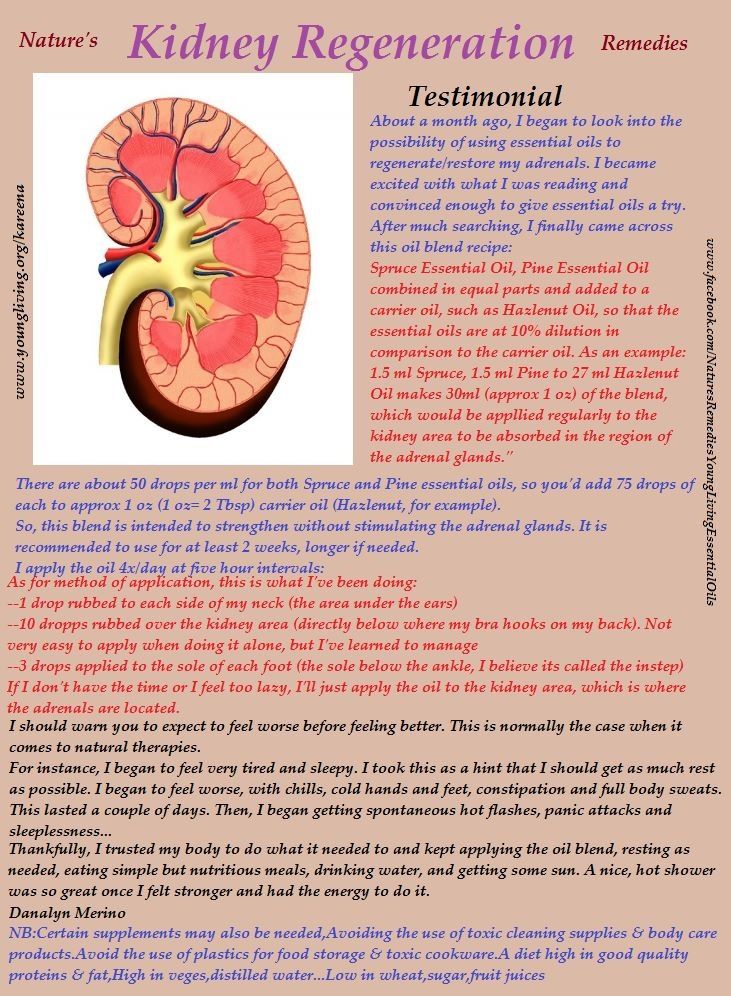 Ask yourself: Should I seek medical attention for cold sweats or night chills? If you wake up shivering or sweating more than once a week, then it’s definitely time to talk to your doctor. Even if you think it’s something as simple as menopause, there’s no harm in getting yourself checked out.
Ask yourself: Should I seek medical attention for cold sweats or night chills? If you wake up shivering or sweating more than once a week, then it’s definitely time to talk to your doctor. Even if you think it’s something as simple as menopause, there’s no harm in getting yourself checked out.
How Can I Reduce Night Chills And Cold Sweats While Sleeping?
Before you get too concerned with night chills and cold sweats being a deeper problem, you can approach it as just a temperature issue. Here are a couple of ways to tackle the problem that are easier than asking, “How do you get rid of cold sweats?”
- Adjust the temperature in your room: If you’ve been waking up sweaty, try turning your thermostat down or pointing a fan at you while you sleep. If you’ve been waking up shivering, bump the temperature up a little bit or get a space heater.
- Adjust your clothes or blankets: Similarly, you can add or remove blankets on your bed to suit your temperature needs or sleep in different clothes.
 Maybe you swap your shorts for pants and vice versa or start sleeping in sweatshirts if you’re cold.
Maybe you swap your shorts for pants and vice versa or start sleeping in sweatshirts if you’re cold. - Sleep on a cooling mattress: If you keep sweating at night, try investing in a cooling mattress. This might be especially helpful for anyone dealing with hot flashes or even anyone who lives in a warmer climate. These are typically built to provide airflow, which can help keep you cooler at night.
Night chills and cold sweats or night sweats can all be unpleasant, but they might just simply be from your room being the wrong temperature. As your body is resting and cycling through its circadian rhythm, your temperature is fluctuating, and sometimes things go awry, causing you to shiver or sweat. They can also be from an underlying issue, so pay attention to your body and seek medical advice if you need to.
Cold Sweats: Causes, Treatment, and More
Cold sweats can be caused by a variety of different conditions. They’re often associated with your body’s “fight or flight” response. This happens when your body prepares itself to either run away or to get hurt.
They’re often associated with your body’s “fight or flight” response. This happens when your body prepares itself to either run away or to get hurt.
They’re also common to conditions that prevent oxygen or blood from circulating throughout your body.
Keep reading to learn more.
Shock
Shock happens when your body reacts to extreme environmental conditions or severe injury. When your body goes into shock, your organs don’t receive as much as oxygen or blood as they need to function. If your body stays in a state of shock for too long, your organs can be harmed. In some cases, shock can be fatal if untreated.
Other symptoms include:
- abnormally pale skin
- rapid breathing
- abnormally high pulse
- feeling sick or throwing up
- abnormally large (dilated) pupils
- feeling weak or exhausted
- feeling dizzy
- abnormal anxiety or feelings of stress
Infection or sepsis
Infections can be caused by bacteria or viruses attacking your body’s tissues.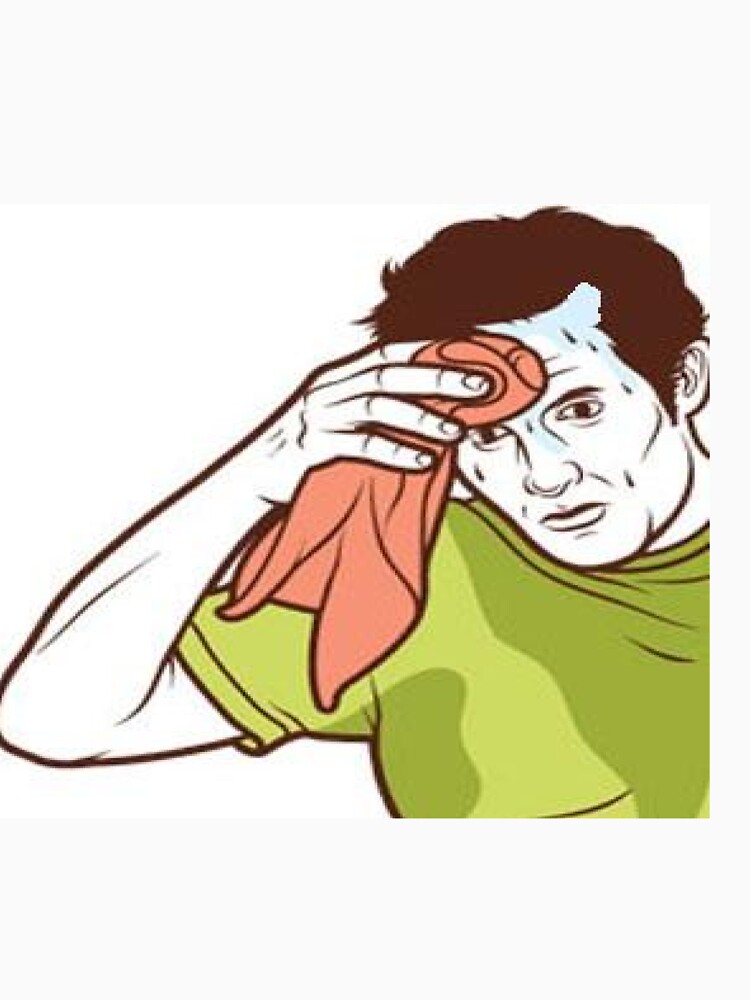 In many cases, infections cause your tissues to become inflamed as your immune system tries to fight off the infection.
In many cases, infections cause your tissues to become inflamed as your immune system tries to fight off the infection.
Sepsis happens when your immune system responds to a serious bacterial or viral infection in your abdomen, lungs, urinary system, or other major bodily tissues. With sepsis, inflammation can happen across your entire body. This can cause your blood to clot or to spill out of your blood vessels. This makes it harder for your organs to get fresh blood and oxygen, which can cause cold sweats.
Sepsis can be life-threatening. Seek emergency medical help right away if you have cold sweats with any of the following symptoms:
- high fever
- coldness and shivering
- confusion or disorientation
- rapid breathing
- abnormally high pulse
- difficulty breathing
- loss of consciousness
Nausea or vertigo
Nausea is simply feeling like you’re sick and going to throw up, although you may not always throw up when you feel nauseous. Nausea can be caused by many things, such as by eating too much or from taking certain medications.
Nausea can be caused by many things, such as by eating too much or from taking certain medications.
Vertigo is dizziness that results from feeling like the room around you is moving when it actually isn’t. It’s often caused by issues with your inner ear and its connections to the brain.
See your doctor if you notice any other common symptoms of vertigo, including:
- twitchy eye movement (nystagmus)
- blurry vision (diplopia)
- difficulty walking
- weakness or abnormal numbness
- ringing in the ears (tinnitus)
- difficulty speaking or slurring your speech
Fainting
Fainting (syncope) happens when you don’t get enough oxygen to your brain. Cold sweats can occur right before or after you pass out.
Fainting because of brain oxygen loss can happen for a number of reasons, including:
- being dehydrated
- getting too hot or sweating too much due to exercise or external temperature
- blood not flowing out of your legs quickly enough (pooling)
- being overly exhausted
- having certain heart conditions that cause your heart to beat too fast or too slowly
See your doctor right away if you think a heart condition may be causing you to faint.
Intense pain from injury
Pain caused by an injury, such as from breaking a bone or getting hit in the head, can cause cold sweats, similar to the way shock can cause sweating as your organs don’t get enough oxygen.
Taking pain medication, such as a nonsteroidal anti-inflammatory (NSAID) drug like ibuprofen (Advil), can help relieve intense pain and stop cold sweats. Talk to your doctor before taking NSAIDs to make sure they’re a safe option for you.
Stress or anxiety
Stress or anxiety caused by overwhelming responsibilities at home, at work, or at school can trigger cold sweats.
Other symptoms can include:
- unexplained pain
- vomiting
- tense muscles
These effects are a result of the stress that anxiety puts on the body, which can keep oxygen from getting to your brain or other organs.
Having an anxiety disorder can disrupt your life and cause long-term health effects. See your doctor if you believe you may have an anxiety disorder. They may refer you to a therapist or psychiatrist to assess the cause of your stress or anxiety.
They may refer you to a therapist or psychiatrist to assess the cause of your stress or anxiety.
Migraines
A migraine is a type of headache that can cause severe pain for an extended period of time. Cold sweats usually happen during a migraine as your body responds to the pain.
Migraines can be debilitating and interrupt your life. See your doctor if your migraines keep you from doing daily tasks or if you notice any of the following symptoms:
- having trouble speaking
- having blurry vision or loss of vision
- feeling numb or weak on one side of your body
- hearing sounds that aren’t real
- feeling extremely sensitive to sound or light
- feeling dizzy, confused, or disoriented
Hypoxia
Hypoxia means that not enough oxygen is getting to the organs in your body. This can be caused by not breathing in enough oxygen. This can happen when you breathe in smoke or go to high altitudes where the air supply is decreased.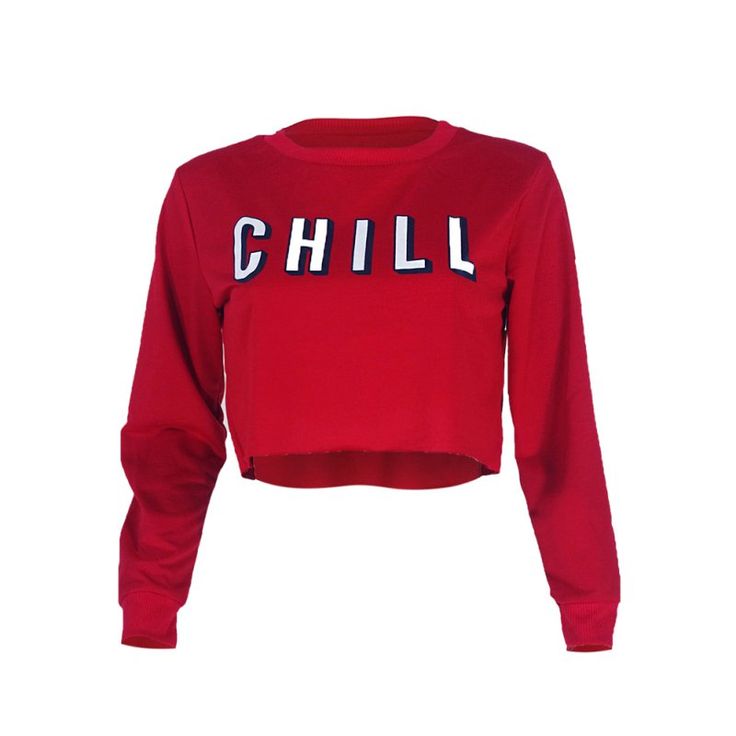
When your brain doesn’t get enough oxygen, it’s called cerebral hypoxia. Because your brain is deprived of oxygen, your body responds in cold sweats and other mental symptoms, such as:
- having trouble walking or controlling other body movements
- having trouble paying attention
- losing your judgmental abilities
- having difficulty breathing
Severe hypoxia can cause you to lose consciousness or go into a coma. Seek emergency medical help right away if hypoxia has caused you to lose control over your body or feel like passing out.
Hypotension
Hypotension happens when your blood pressure drops to much lower levels than normal. Low blood pressure is normal when you sleep or are doing little activity, but hypotension can be serious when it causes the brain or your other organs not to get enough oxygen.
Other common symptoms of hypotension include:
- feeling dizzy or confused
- having blurry vision
- passing out without warning
- feeling exhausted
- feeling nauseous
Your body can go into shock if your blood pressure drops low enough. Seek emergency medical help right away if this happens.
Seek emergency medical help right away if this happens.
Menopause
Menopause happens when your body’s balance of two hormones, estrogen and progesterone, changes dramatically and your menstrual cycle ends.
Along with sudden hot flashes, cold sweats are among the most noticeable physical symptoms of menopause.
Other common symptoms of menopause include:
- experiencing changes in your menstrual cycle
- having trouble controlling your urination
- having trouble sleeping
- experiencing changes in your moods or mental state
- gaining weight
- feeling less pleasure during sex due to vaginal dryness or hormone changes
Hyperhidrosis
Hyperhidrosis is another name for excessive sweating. Hyperhidrosis can happen when you sweat because of exercise or heat, but frequent cold sweats with hyperhidrosis can also happen without warning.
Hyperhidrosis isn’t usually a cause for concern, especially if it happens without any other symptoms.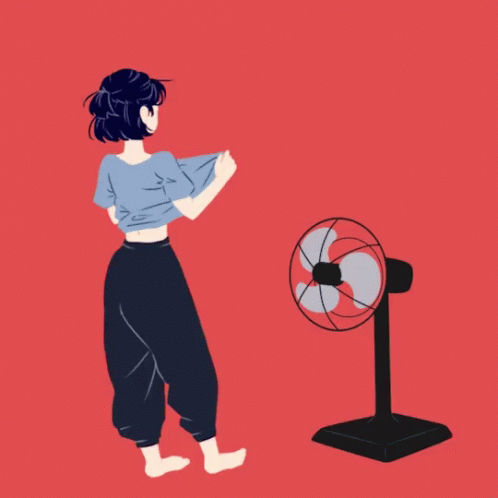 It can be passed down in families, so it may simply be caused by your genes and not an underlying health condition. If hyperhidrosis is disrupting your life, see your doctor.
It can be passed down in families, so it may simply be caused by your genes and not an underlying health condition. If hyperhidrosis is disrupting your life, see your doctor.
Hypoglycemia
With hypoglycemia, your blood sugar drops below normal levels. Your body reacts to a lack of blood sugar similarly to a lack of oxygen.
If you have diabetes, seek emergency medical help right away to restore your blood’s glucose levels. Eating or drinking sugary foods and beverages, such as a meal replacement bar or fruit juice, can also help restore blood sugar in a short amount of time.
Cold sweats can be one of the first signs of a heart attack. Seek emergency medical help right away if you suddenly have a cold sweat along with any of the following symptoms:
- discomfort or pain in your chest that feels like pulling, squeezing, or bloating
- difficulty breathing
- discomfort or pain in your neck, jaw, stomach, or back
- dizziness or lightheadedness
- a feeling that you’re going to pass out
Treatment depends on what’s causing your cold sweats.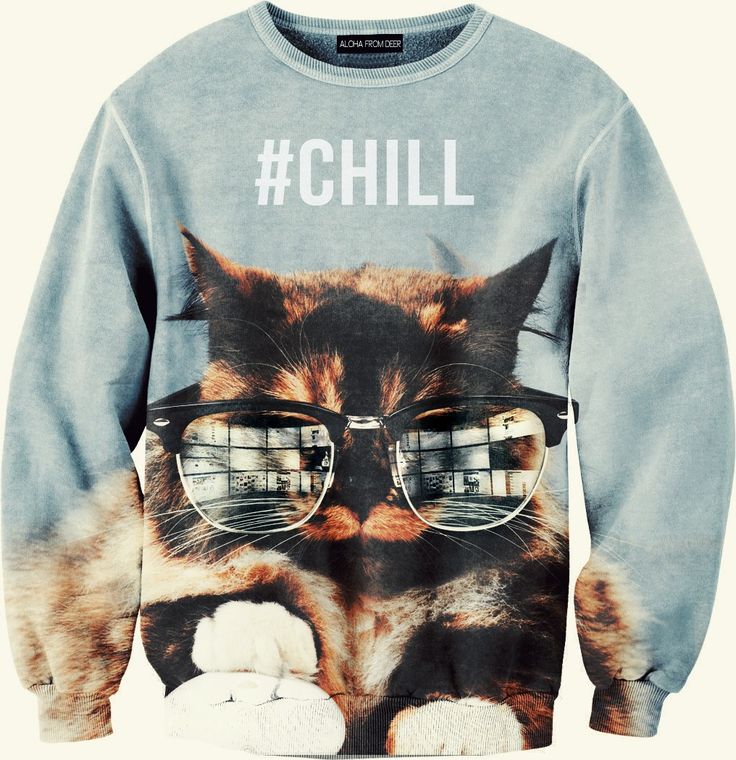 Drinking plenty of water throughout the day can keep you from getting dehydrated. Getting regular exercise and avoiding habits such as smoking or drinking excessive alcohol can prevent cold sweats.
Drinking plenty of water throughout the day can keep you from getting dehydrated. Getting regular exercise and avoiding habits such as smoking or drinking excessive alcohol can prevent cold sweats.
In some cases where your oxygen supply is low, taking deep breaths can help restore your blood’s oxygen supply. Meditation and relaxation techniques can help calm anxiety or stress and help you get your breath back. You can meditate anywhere, and these positions can help guide practice at all levels.
Underlying conditions can be managed with medications, including:
- prescription antiperspirants
- nerve blockers that stop your nerves from telling your brain to induce sweating
- antidepressants
- Botox injections, which can also block nerves that tell your brain to induce sweating
If your body goes into shock, becomes infected, or gets seriously injured, emergency medical attention is necessary to prevent any long-term damage. You should also seek emergency medical attention if you think you’re experiencing a heart attack.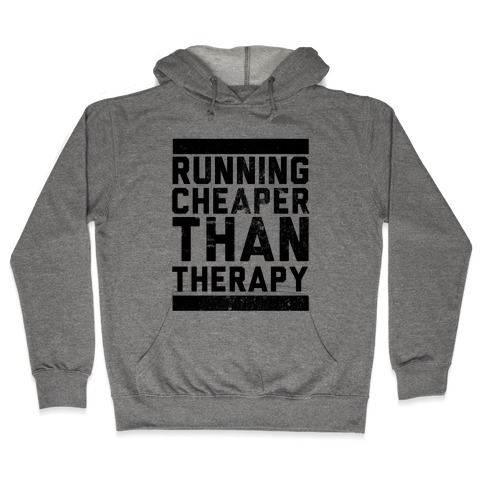
You should also see your doctor if you:
- have bluish discoloration of your nails or lips
- feel tightness in your throat
- feel significantly less alert than usual
- throw up blood or pass blood when you have a bowel movement
If your cold sweats are caused by an underlying condition, such as anxiety or menopause, your doctor can work with you to develop a symptom management plan. They’re your best resource for more information about what to expect and how to cope with any symptoms you’re experiencing.
Hyperhidrosis: causes, symptoms, treatment - Bee Lucci Clinic Novosibirsk
Number of views: 176102
Hyperhidrosis is excessive sweating, which is not necessarily associated with heat or exercise. You may sweat so much that the sweat soaks into your clothes or drips off your hands. In addition to disrupting normal daily life, this type of heavy sweating causes social anxiety and embarrassment.
If antiperspirants do not help with excessive sweating, then medications and other treatments for the sweat glands and nerve endings responsible for overproduction of sweat may need to be tried.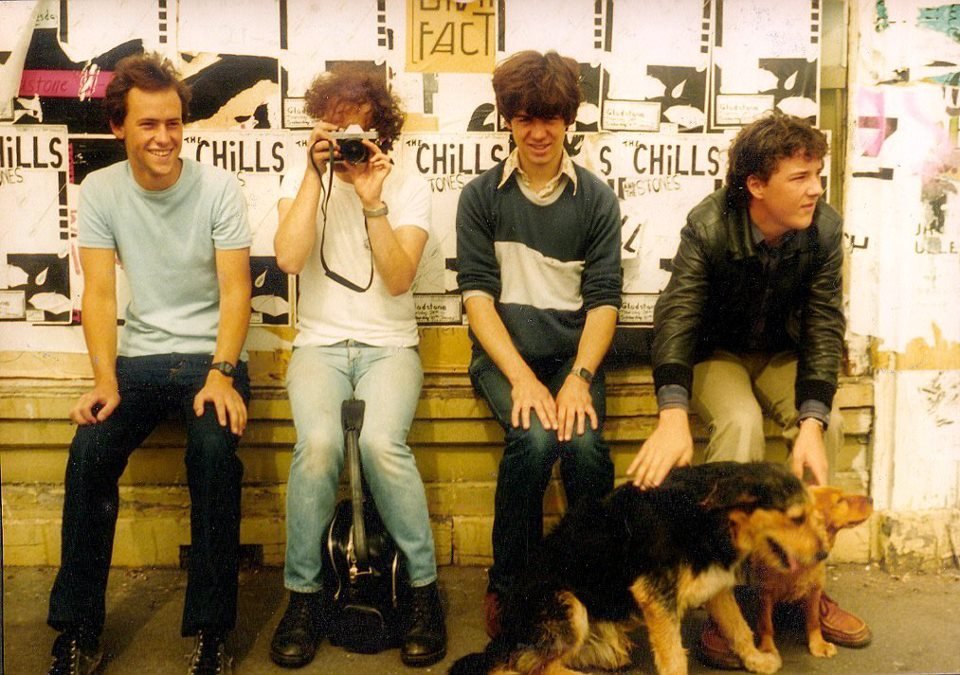
Symptoms
Most people sweat when exercising or exerting themselves, being in hot environments, being anxious or stressed.
Excessive sweating in hyperhidrosis is many times greater than normal sweating and occurs without the above causes, at least once a week during waking hours.
When to see a doctor
Sometimes excessive sweating is a sign of a serious health problem. People who sweat a lot are more prone to skin infections. Sticky and wet hands, sweat-soaked clothes cause embarrassment and psychological discomfort, which affects the quality of life. Seek immediate medical attention if excessive sweating is accompanied by chest pain, fever, or nausea.
Consult a doctor if:
- Sliding violates the daily routine
- Slicking causes emotional stress
- You suddenly start sweating more than usual
- Swert at night without a visible reason
reasons for
STRUCTION - this is the mechanism of our body for our body. cooling. The nervous system automatically starts the work of the sweat glands when the body temperature rises. Sweating often appears on the palms when a person is nervous.
cooling. The nervous system automatically starts the work of the sweat glands when the body temperature rises. Sweating often appears on the palms when a person is nervous.
Hyperhidrosis of armpits, feet, hands
The most common form of hyperhidrosis is called primary focal (essential, non-disease-related) hyperhidrosis.
In this type of hyperhidrosis, the nerves responsible for signaling the sweat glands become overactive without any physical activity or fever. With stress or nervousness, the problem gets worse. This type of hyperhidrosis appears on the palms, soles, and sometimes the face.
Secondary hyperhidrosis occurs when excessive sweating is associated with a medical condition. This is a less common type that causes full body sweating.
Diseases that may be accompanied by excessive sweating:
- Diabetes
- Hot flashes, menopause
- Thyroid problems
- Low blood sugar
- Acute cardiovascular disease
- 0025 Nervous system disorders
- Infections
Certain medicines cause heavy sweating.
The following tips will help you deal with sweat and odor:
Antiperspirants temporarily block pores and reduce perspiration and help with light perspiration.
Shower daily, water treatments reduce the amount of bacteria on the skin. Dry thoroughly and do not leave moisture between the fingers and underarms.
Wear clothes and shoes made from natural materials. Natural materials such as leather, cotton, silk or wool allow the skin to "breathe" and reduce perspiration. And for sports, choose clothes and socks made of moisture-absorbing fabrics.
Change your socks at least twice a day while thoroughly drying your feet. Ventilate your feet. During the day, take off your shoes and walk barefoot.
Try to learn techniques such as yoga, meditation. This will help keep stress and associated sweating under control.
Treatment of hyperhidrosis at the Bee Lucce Clinic
Subcutaneous and intramuscular injections of botulinum toxin preparations such as Botox and Disport give long-term results. Botulinum toxin injections in the armpits, feet and hands temporarily block and significantly reduce sweating at the injection site, the injections act quickly.
Botulinum toxin injections in the armpits, feet and hands temporarily block and significantly reduce sweating at the injection site, the injections act quickly.
In two or three days you will find peace and confidence.
Today, this is the only fast, effective and safe way to solve the problem of hyperhidrosis.
Doctors - cosmetologists of the Center for International Cosmetology "Bee Lucci" in Novosibirsk will offer you an effective, and most importantly, a safe solution to this unpleasant problem by introducing botulinum toxin preparations.
We have promotions!
Testimonials from our patients
Sign up right now through the form on the website or call (383) 388-98-88. We are waiting for you Novosibirsk, st. Kirova, 32
Make an appointment
Why chills occur without fever
The feeling of cold, in which the body is covered with goosebumps, can accompany various physiological processes. But a sharp chill and trembling can indicate the development of some serious pathologies. What you should pay attention to and when the causes of chills without fever in men and women require a visit to the doctor, in our article.
But a sharp chill and trembling can indicate the development of some serious pathologies. What you should pay attention to and when the causes of chills without fever in men and women require a visit to the doctor, in our article.
What is thermoregulation?
Thermoregulation is the body's ability to maintain a constant body temperature regardless of environmental conditions. With a decrease in air temperature, the body reduces heat loss by constricting blood vessels and reducing evaporation. With its increase, it increases heat transfer due to vasodilation and more sweat production.
When it's cold outside, the body gets chills, a muscle and skin reaction that helps the body warm up. It is formed by trembling and muscle spasm, which increases heat production. Also, a feeling of chills accompanies "goosebumps" - the appearance of goosebumps on the skin that raise the hairline. After getting into a warm room, all these signs disappear.
Chills often occur against the background of high temperature in infectious diseases and severe inflammation. This is due to a violation of the processes of thermoregulation and attempts by the body to bring the system into a state of equilibrium. But these sensations can also occur for other reasons without hyper- or hypothermia.
This is due to a violation of the processes of thermoregulation and attempts by the body to bring the system into a state of equilibrium. But these sensations can also occur for other reasons without hyper- or hypothermia.
Causes of severe chills without fever
The causes of chills are physiological and pathological. Most often, it occurs due to the fact that a person is in a cold room for a long time or is not dressed for the weather. The brain receives the appropriate signals and starts processes that help a person warm up.
Other causes of this condition, which is not accompanied by freezing or infection, include the following:
| Feature group | Cause |
| Trauma and severe stress | The symptom develops against the background of the release of stress hormones. |
| Endocrine disorders | Diabetes mellitus, hypothyroidism and some other metabolic disorders lead to impaired thermoregulation |
| Autonomic disorders of the nervous system | Vegetovascular dystonia, somatoform disorder, hyperexcitability also cause violations of thermoregulation |
| Diseases of the cardiovascular system | They can cause a violation of the peripheral blood supply, due to which thermoregulation cannot proceed normally. |
| Systemic and autoimmune diseases | With the destruction of the nervous tissue, the normal regulation of body temperature is also disturbed. |
| Some infections | For example, with tuberculosis or chronic infection, night chills may be observed against the background of increased sweating and normal body temperature. |
| Medication | It can also be thrown into the cold while taking certain medications. Such a property, for example, may have local anesthesia. |
In addition, it can be shivering against the background of allergic and oncological diseases, severe forms of anemia and during the development of a hypertensive crisis. As a result of these processes, the normal state of the internal environment of the body is disturbed, which leads to hypothermia and impaired temperature regulation.
Important! In women, violation of thermoregulation, on the background of which she begins to shiver, can occur against the background of menopause. If the attacks occur infrequently, go away on their own and are not accompanied by other symptoms, this does not require treatment.
What symptoms to pay attention to if it freezes without a temperature?
By itself, chills, especially if it is short-term and quickly passes by itself, is not a pathology or disease. It can be caused by the fact that the room is cold, or be a response to an unaccounted for stress factor. In this case, the chills do not accompany the person constantly and pass on their own if you dress warmly and reduce stress levels.
However, if the chills happen abruptly without visible external factors and are accompanied by the following symptoms, this is an occasion to consult a doctor and undergo an examination. What are these symptoms?
- Abrupt changes in body weight without changing the diet and physical activity (both its increase and decrease).
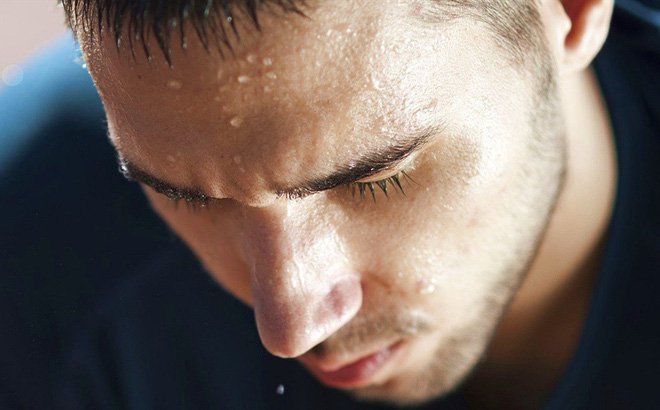
- General weakness, dizziness, fatigue.
- Changes in the menstrual cycle in women.
- Neurological symptoms (pain, mood swings, etc.) that appear for no apparent reason.
- Hair loss.
- Frequent thirst that does not go away even after drinking.
- Violent itching with chills.
- Sensation of constriction in the throat or chest.
- Increased sweating at night.
These signs may indicate endocrine disorders, dysfunction in the functioning of the nervous system, and other diseases. Sudden chills, which are accompanied by an attack of suffocation or chest pain, require immediate medical attention, as there may be symptoms of anaphylactic shock against an allergy or hypertensive crisis.
When a person is thrown into the cold without an increase or decrease in body temperature, this indicates serious dysfunctions in the functioning of the body. Our experts will help you narrow your search and choose diagnostic methods.
Which doctor should be consulted when the body is shaking without fever?
If he often throws into the cold and against this background the patient notices other symptoms, it is necessary to consult with a general practitioner or general practitioner. He will conduct a primary diagnosis and narrow down the circle of reasons why a person suddenly becomes cold.
Diagnosing the causes of chills includes the following steps:
- History taking and visual examination.
- General and biochemical analysis of blood.
- Blood test for latent anemia.
- Tests for diabetes mellitus.
- Blood test for thyroid hormones.
- Bakposevy on flora.
- General urine analysis.
- Allergy tests.
- ELISA and PCR for infectious agents.
- Ultrasound examinations of organs.
- Computed and magnetic resonance imaging.
- Radiography.

- Dopplerography.
Based on these studies, a diagnosis is made, and the patient is referred for a consultation with specialized specialists - an endocrinologist, gynecologist, oncologist, neuropathologist. The doctor will select a treatment that will help get rid of unpleasant symptoms.
What should I do to get rid of chills at normal temperature?
Treatment tactics depend on what caused this condition. In the case when you are shivering against the background of cold weather or inappropriate clothing, you need to drink something warm, go into the room or change clothes to more suitable ones. If it's cold at home, you need to dress warmly and use indoor heaters.
Do not use alcohol for this. Although alcohol causes a temporary sensation of warmth, it leads to vasodilation, which increases heat loss and can cause hypothermia. In some cases, this can lead to fainting and injury.
In all other cases, it is necessary to correct the underlying cause that led to the development of this symptom. The specific treatment is selected by the doctor based on the tests and studies that the patient has undergone. In some cases, such as hormone replacement therapy for menopause or hypothyroidism, treatment may be lifelong.
The specific treatment is selected by the doctor based on the tests and studies that the patient has undergone. In some cases, such as hormone replacement therapy for menopause or hypothyroidism, treatment may be lifelong.
In the rest, it is carried out until complete recovery or remission, if the cause of chills is a chronic pathology. In this case, it is also recommended to undergo periodic medical examinations to prevent the development of a relapse of the disease. If a hypertensive crisis or a severe allergic reaction is suspected, the patient is hospitalized.
If there is doubt about the diagnosis or treatment prescribed, another doctor should be consulted. Our service provides a "Second Opinion" service, through which you can discuss the disease with a specialized specialist. This is especially true for small towns, where one specialized doctor often sees.
FAQ
Why does the chill happen?
+
This feeling is the result of the work of thermoregulatory processes. Normally, it occurs in the event of a decrease in ambient temperature or with severe stress. However, this feeling can be a sign of serious pathologies.
Normally, it occurs in the event of a decrease in ambient temperature or with severe stress. However, this feeling can be a sign of serious pathologies.
Why is it chilly and freezing, but there is no temperature?
+
This can be a symptom of endocrine changes, hormonal disorders, infectious diseases in a chronic form, dysfunction in the nervous system, cancer and some other pathologies.
What causes, when shivering without fever, require treatment?
+
If the feeling of chills is not caused by external causes (a decrease in air temperature or clothing that is not appropriate for the weather), it requires a visit to a doctor and treatment. The method of therapy depends on the specific cause and severity of the underlying disease.
What to do to get warm?
+
It depends on the reason why it got cold. If a person is just cold, you need to drink something warm and wear warm clothes.

